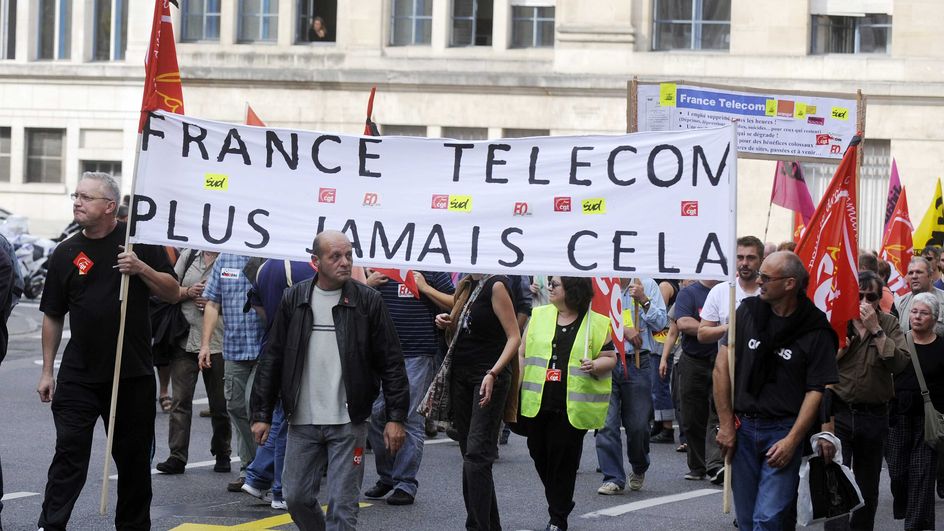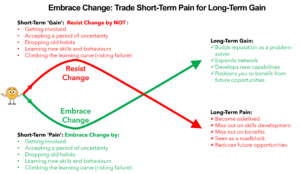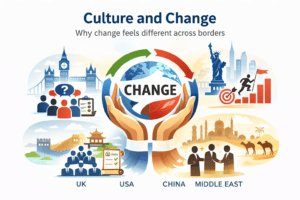On 20th December 2019, a Paris Criminal Court jailed the ex-CEO of France Telecom and two former executives for  “institutional moral harassment” linked to the suicides of 19 employees between 2007 and 2010.
“institutional moral harassment” linked to the suicides of 19 employees between 2007 and 2010.
At the centre of this tragedy was the ill-fated “NExT” re-structuring plan inaugurated in 2005. Over time, this programme had morphed into an aggressive campaign to shed 22,000 employees without engaging in costly redundancies. To do this, management fostered an atmosphere of fear, instability, uncertainty, and stress. Tactics such as arbitrary demotions, exclusion from meetings, relocations, and leaving people in limbo with no job role were deployed to cut headcount.

The personal accounts of Vincent Talaouit and Samira Guerrouj shed light on the harrowing experiences endured by employees. Talaouit,
an innovative engineer, found himself abruptly targeted for removal without any apparent justification, subjected to a relentless campaign of marginalization and dehumanization that eroded his sense of self-worth and purpose. Guerrouj, faced a similar fate-sidelined, harassed, and emotionally crushed, leading to severe mental and physical distress, culminating in a near-fatal attempt to end her life.
The trial’s outcome marked a milestone, holding a corporate entity accountable for systemic harassment. It underscored the imperative for corporations to prioritize the welfare of employees above profit margins and to cultivate environments that foster dignity, respect, and mental well-being.
Whilst this is an extreme example of criminal mismanagement there are lessons for us all. Undermining people’s sense of purpose, certainty, connection, achievement, and control comes with negative consequences. By learning to nurture these human needs we can make major organisational change a positive experience for people rather than a painful one. For more details on this see www.5forcesofchange.com
#changemanagement #organisationalchange #culturechange #transformationalchange #mergersandaquisitions








